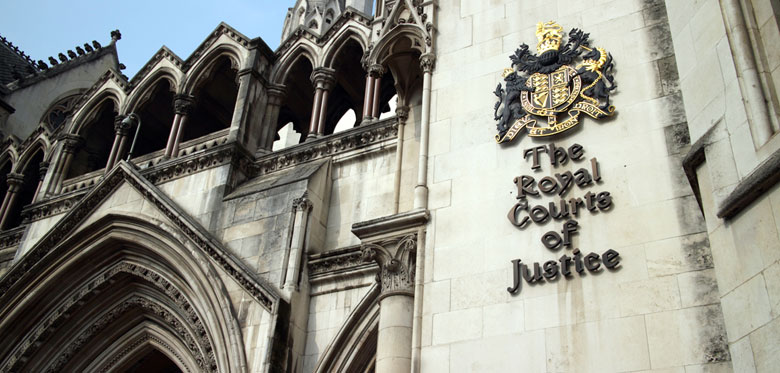A former junior solicitor, who was suspended from practice earlier this year for backdating four letters to make it look as if she had progressed a clinical negligence case, has now been struck off by the High Court.
In Solicitors Regulation Authority v James & Ors, the Solicitors Regulation Authority (SRA) successfully appealed the Solicitors Disciplinary Tribunal’s (SDT) decision to the High Court as it argued that the three respondents had been treated too leniently by the tribunal. Judges ruled last week that the tribunal was wrong to opt against a strike-off and instead to impose a suspended suspension.
The High Court also addressed two further recent SDT decisions: an award-winning corporate lawyer who sent five misleading emails to a client to “buy himself time” and a London-based solicitor who acted dishonestly when handling legal aid invoices.
It was submitted by Ms James’ representative that her misconduct occurred as a result of the immense pressure and stress which she was subject to at her former firm, which publicly compared the performance of all junior lawyers through league tables and told her she should work through evenings, weekends and bank holidays to cover any shortfall in her billed hours. The judges took into account the environment in which James had worked in, with Lord Justice Flaux describing the way she was treated as “frankly abominable”.
However, Lord Justice Flaux stated that mental health issues, specifically stress and depression suffered as a result of work conditions, could not amount on their own to 'exceptional circumstances' required to avoid a strike-off. He stated that “…it is sadly only too common for professionals to suffer such conditions because of pressure of work or the workplace or other, personal, circumstances.”
The High Court’s judgment states: “It may be that pressure of work or an aggressive, uncaring workplace could excuse carelessness by a solicitor or a lapse of concentration or making a mistake, but dishonesty of any kind is a completely different and more serious matter, involving conscious and deliberate wrongdoing.”
The High Court’s judgment endorsed a long line of leading authorities from the 1994 case of Bolton v The Law Society to the 2010 case of Solicitors Regulatory Authority v Sharma which have established that striking off will be the normal and necessary penalty in dishonesty cases involving solicitors, save in a small residuary category of exceptional cases where this will be disproportionate. Lord Justice Flaux accepted that where dishonesty is found proven, mental health issues and workplace pressures are relevant considerations; but stressed that the SDT will inevitably place less weight on these than other factors such as the length of time over which the dishonesty was perpetrated, whether it was repeated and the harm which was caused.
The judgment therefore provides some insight as to how the SDT is expected to treat individuals who have acted dishonestly, even if they have experienced stress, work pressure or mental health problems which they believe have contributed to their misconduct. In recent years the SDT had been increasingly willing to impose suspension in dishonesty cases, based on the mitigation presented by respondents. This has included cases where there was evidence of dishonest conduct which was repeated over a period of time. However, based on the High Court’s decision it is expected that the SDT will now revert to a more robust approach, with only very limited exceptional circumstances allowing a solicitor to avoid being struck off. This is likely to be limited to cases where the dishonesty was momentary and where compelling mitigation is presented.
The judgment highlights the seriousness of dishonesty allegations in professional disciplinary cases and the ever-increasing importance for professionals to have specialist representation when subject to proceedings before their regulators. If you are facing a fitness to practise investigation by your professional regulator, please contact our team now on 01616 966 229 for expert advice.



Comments